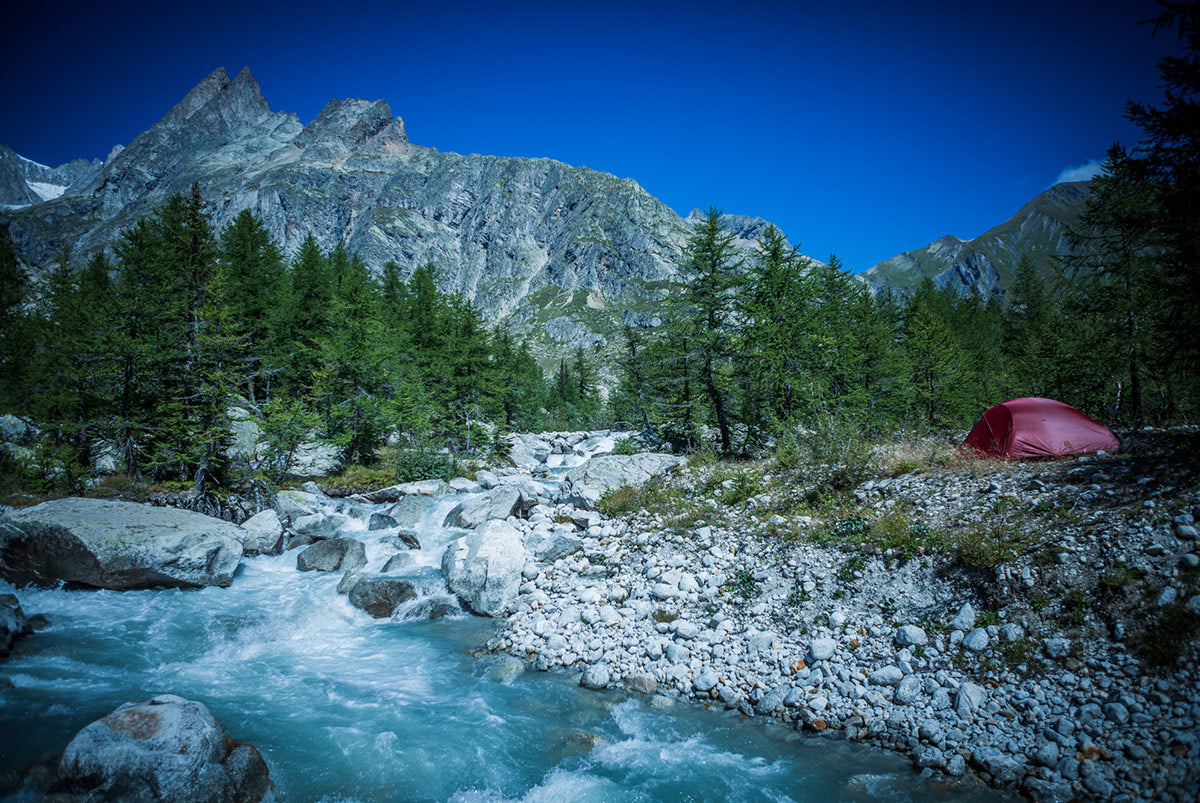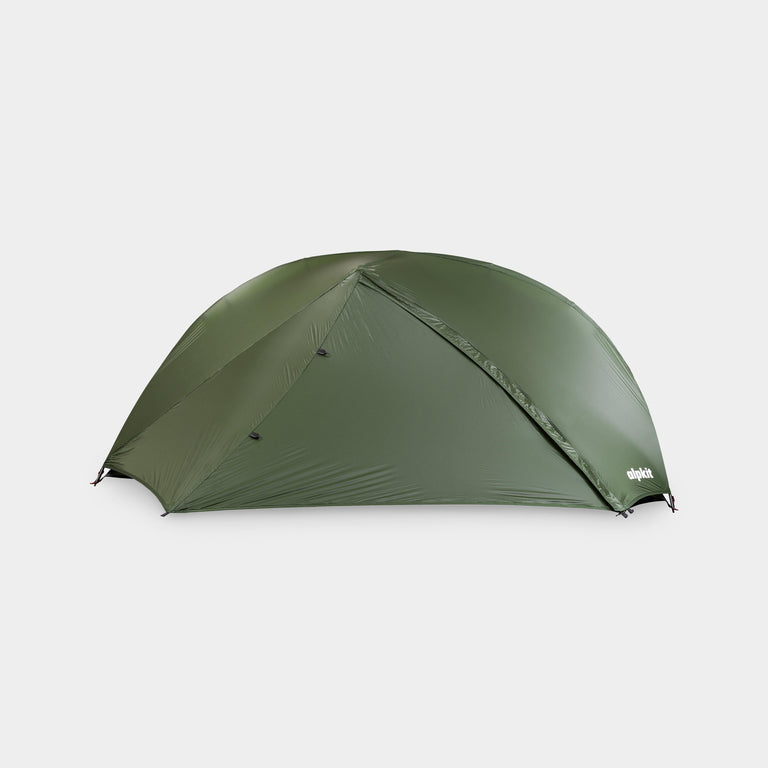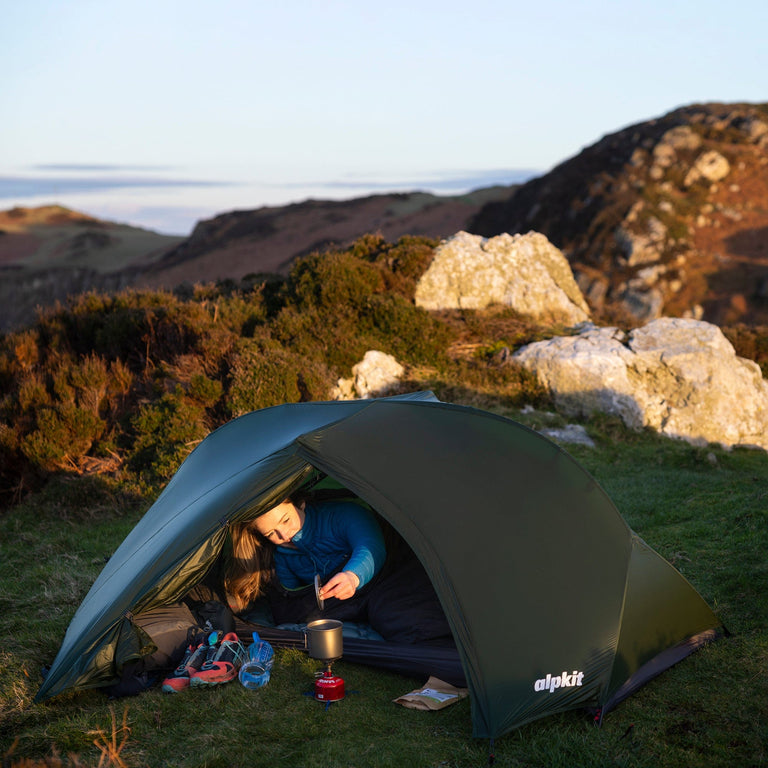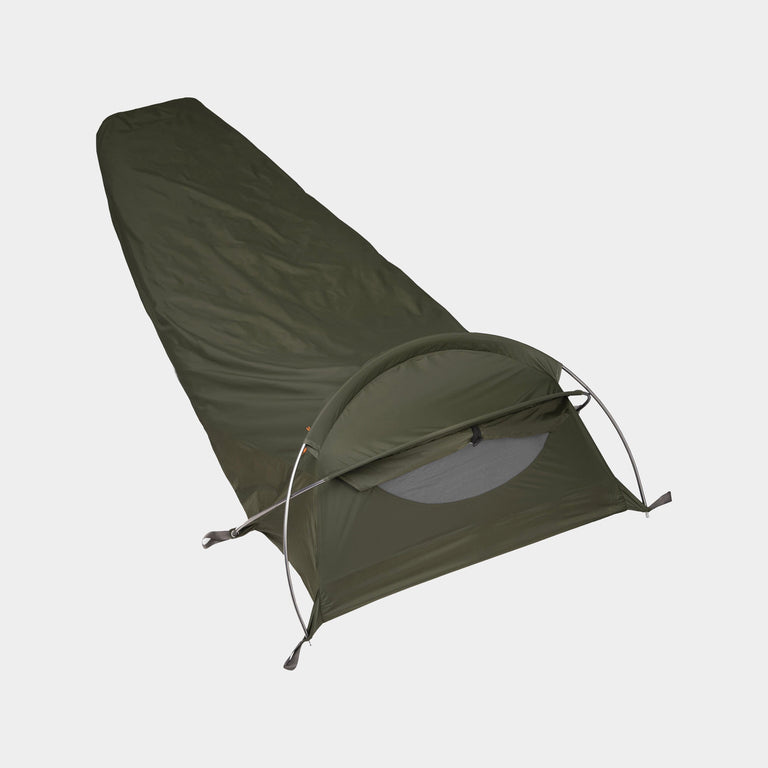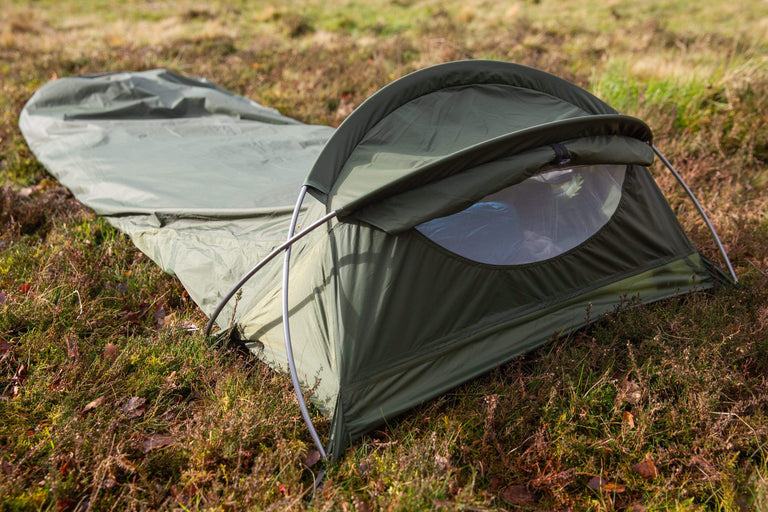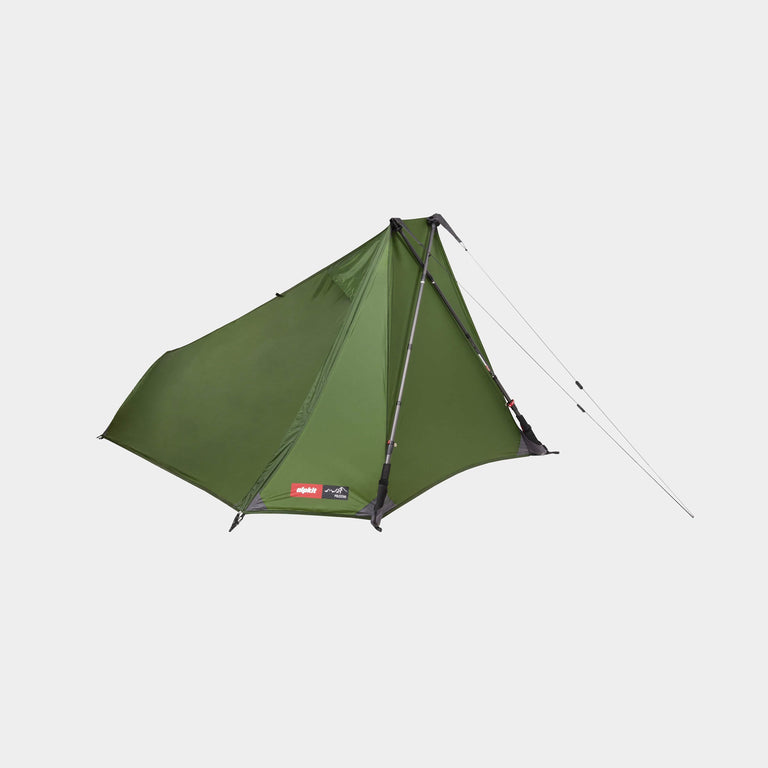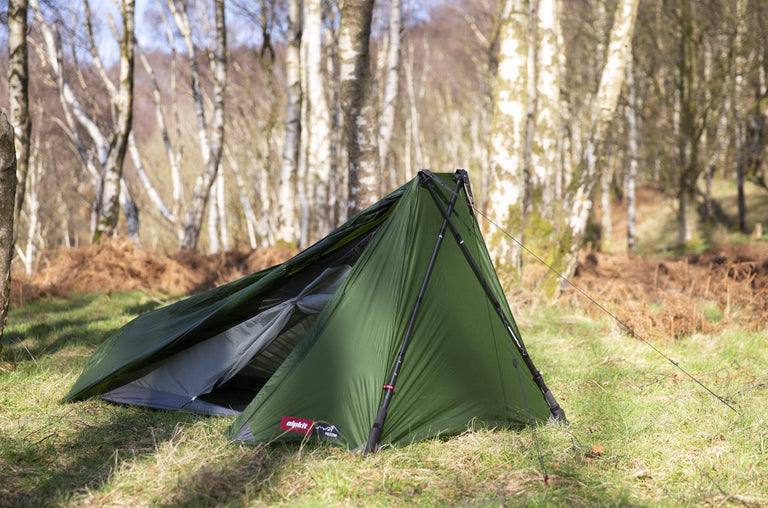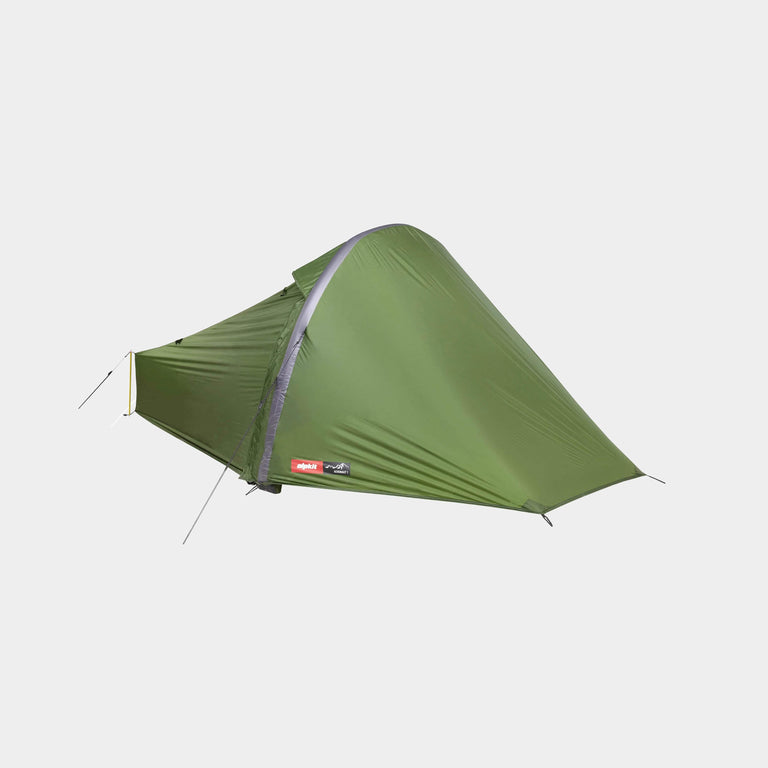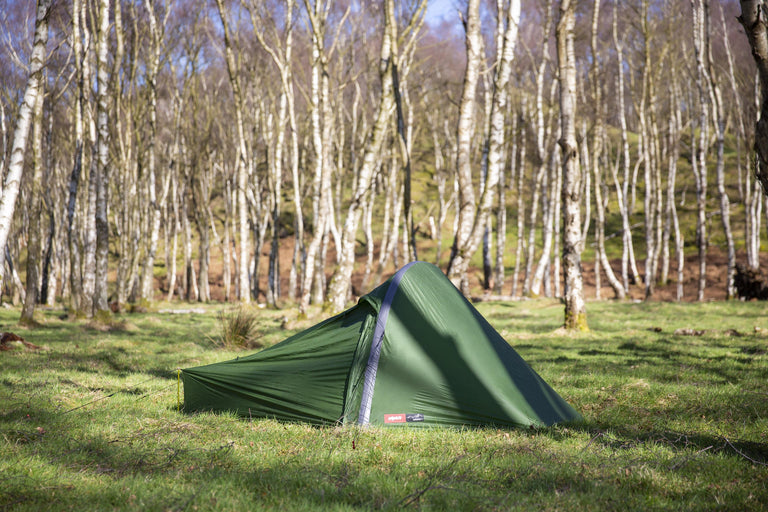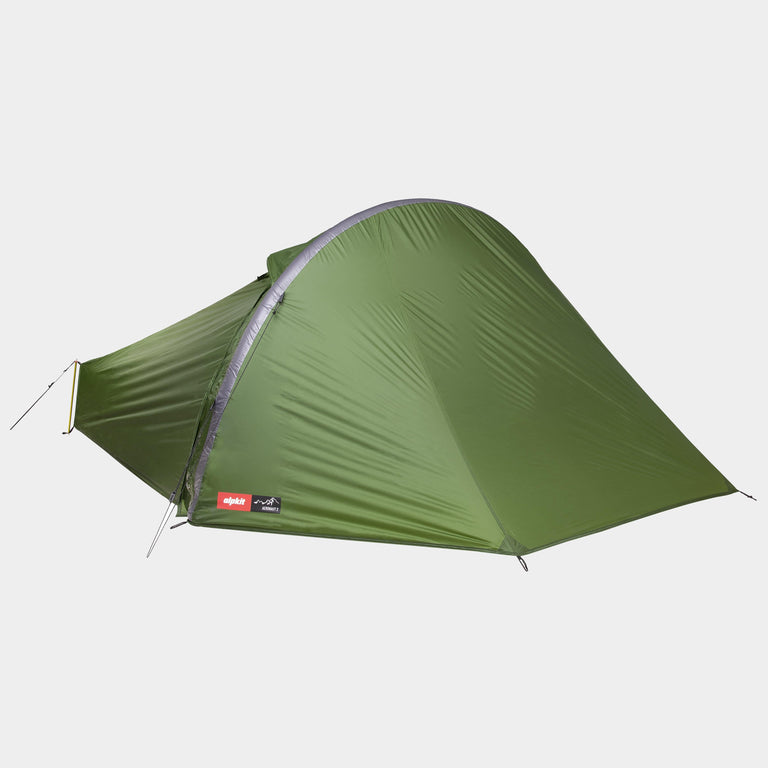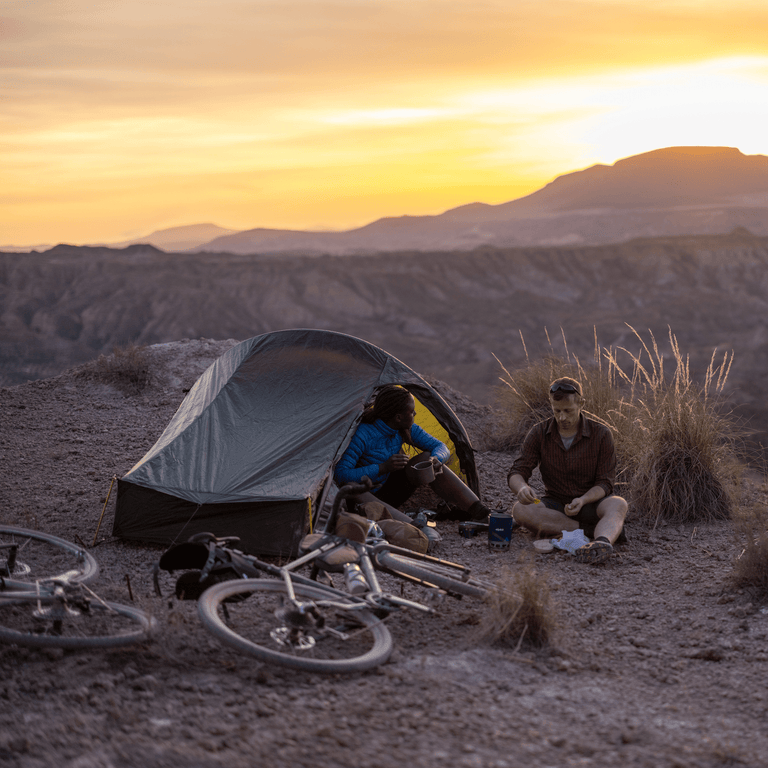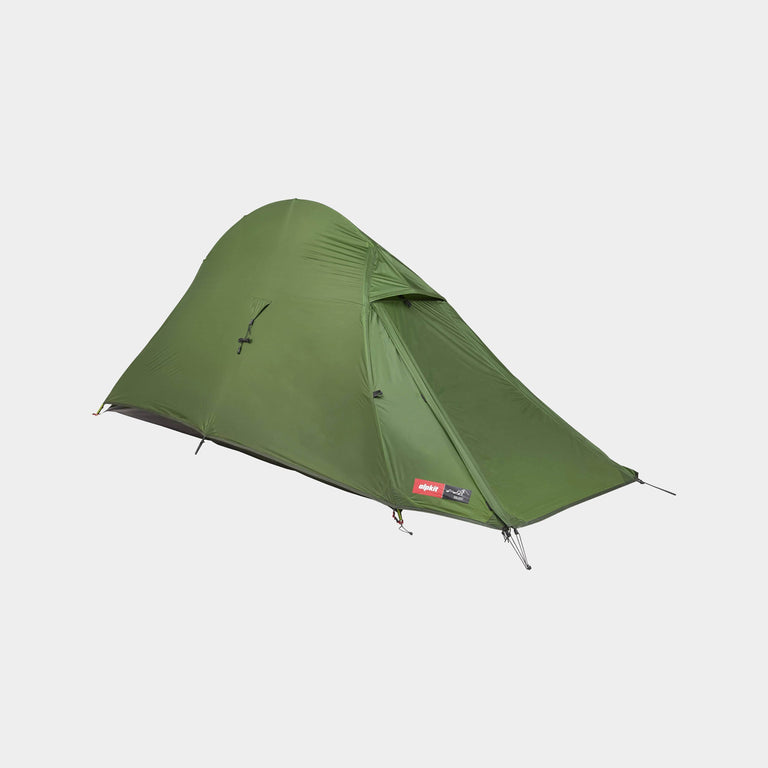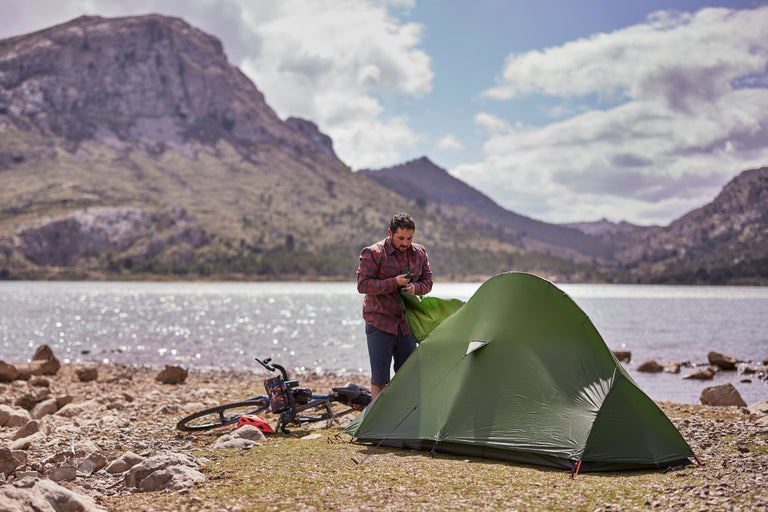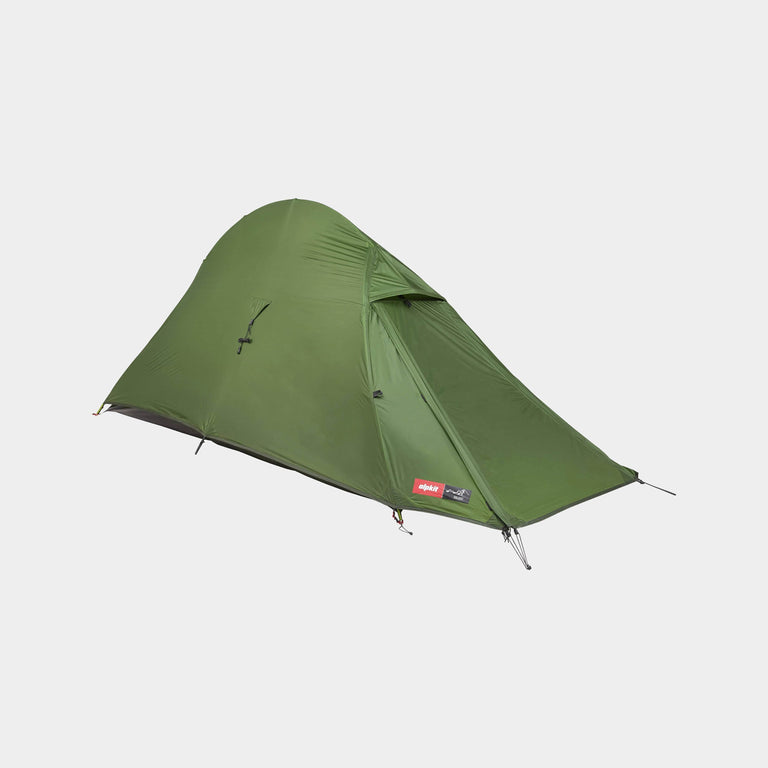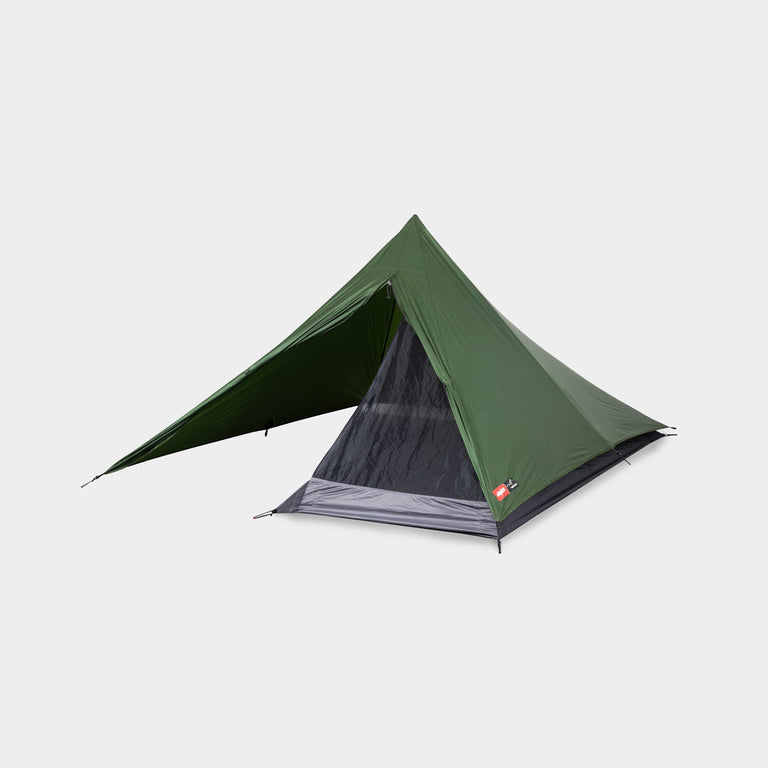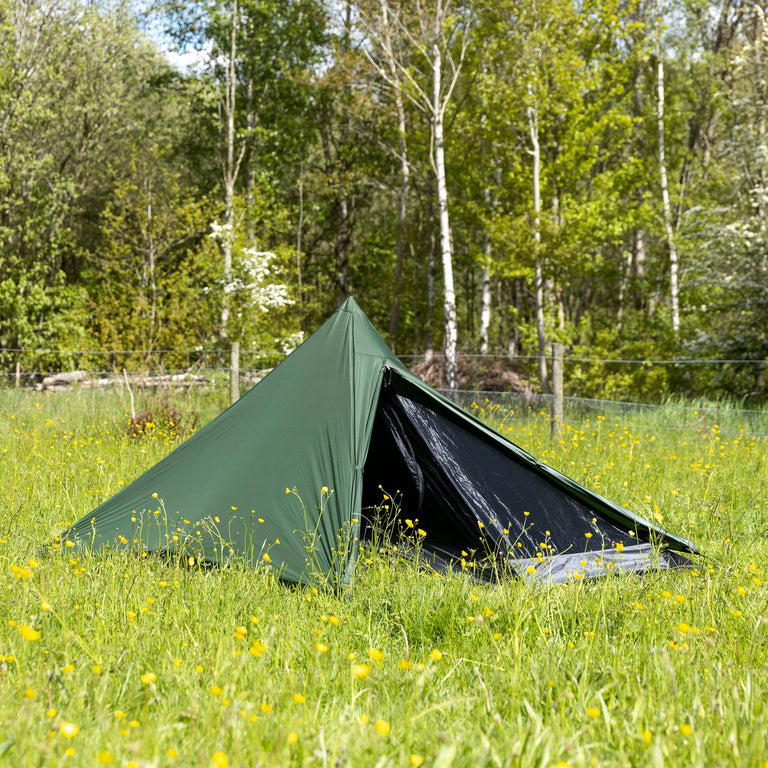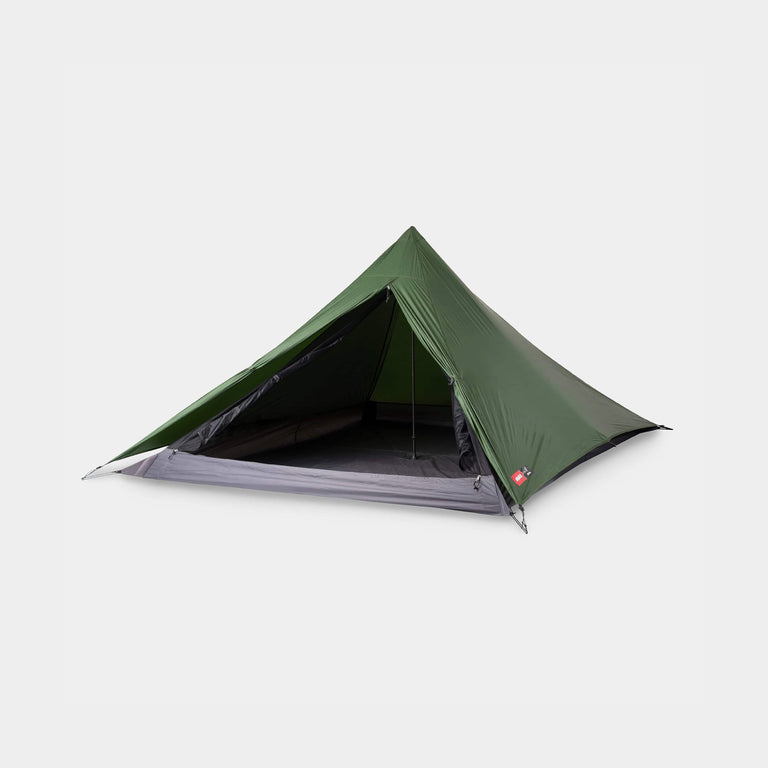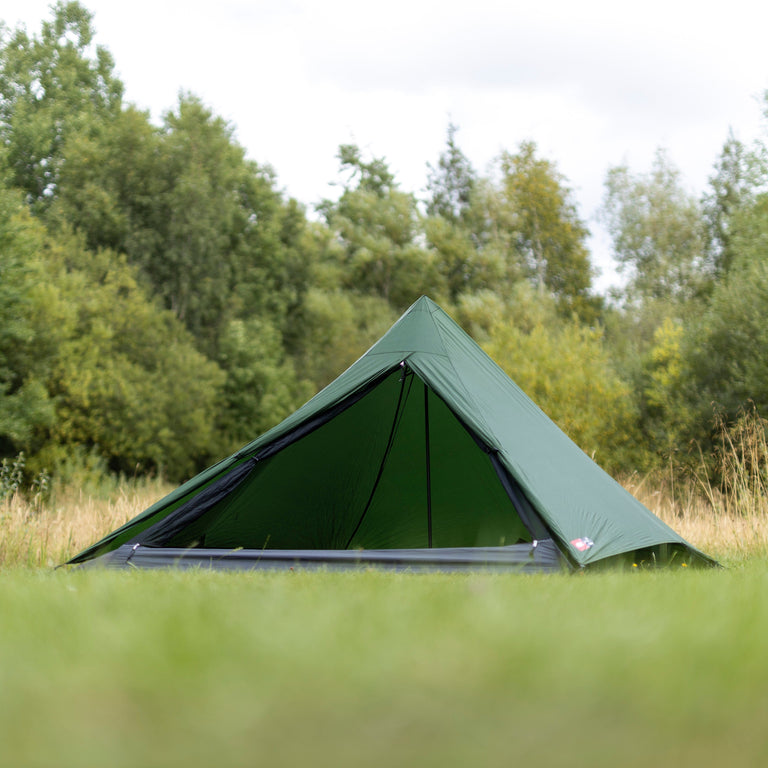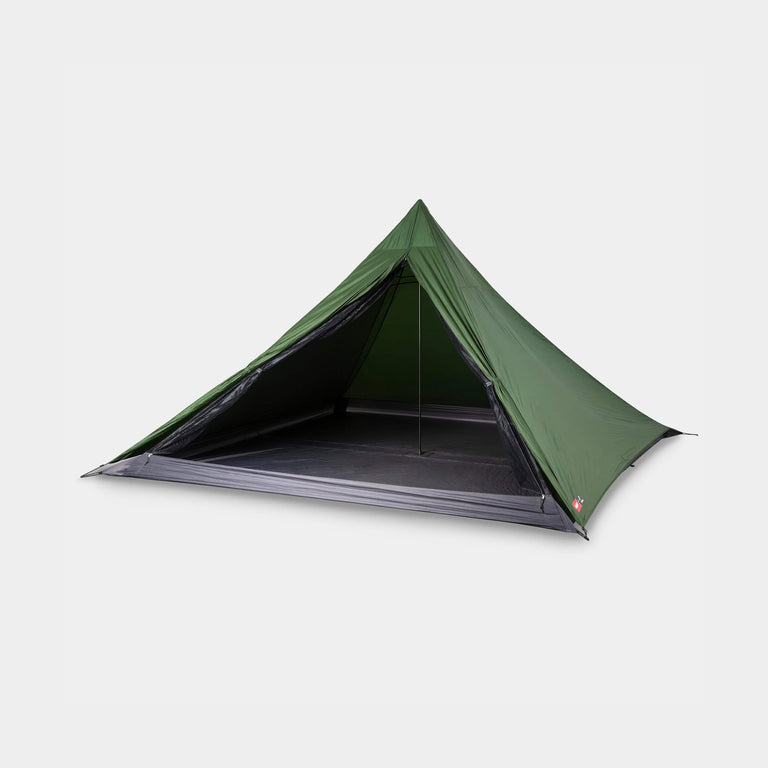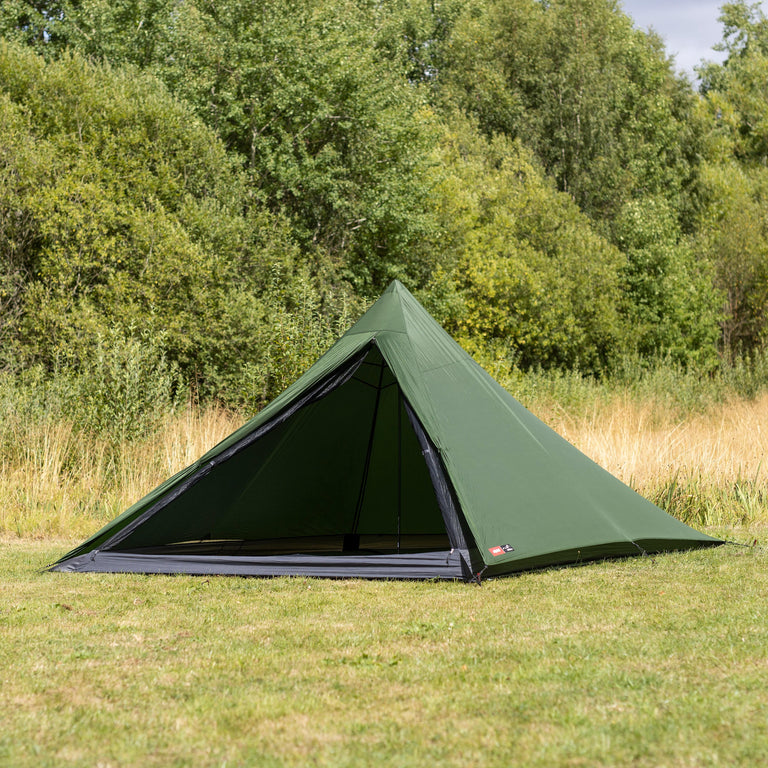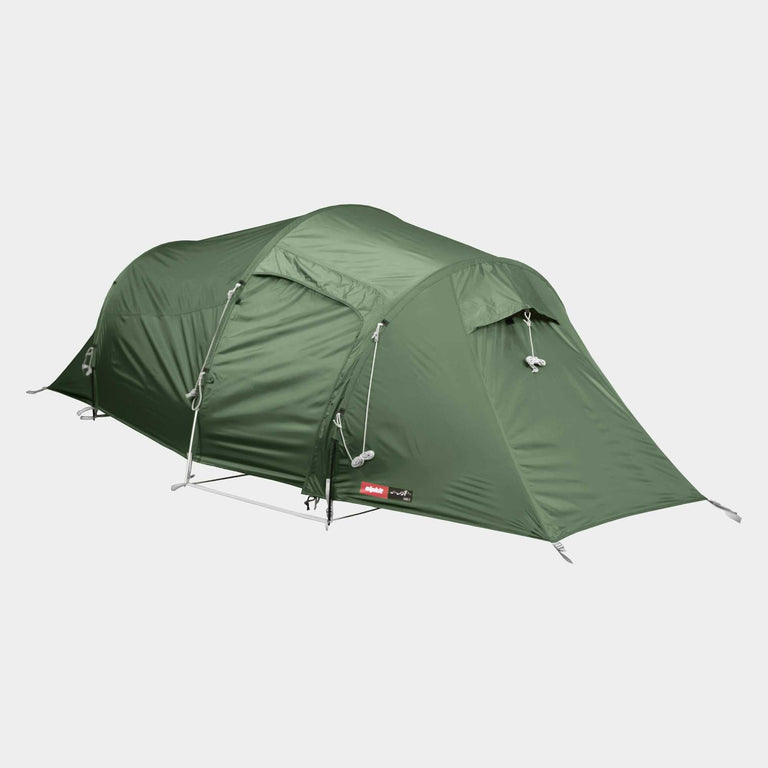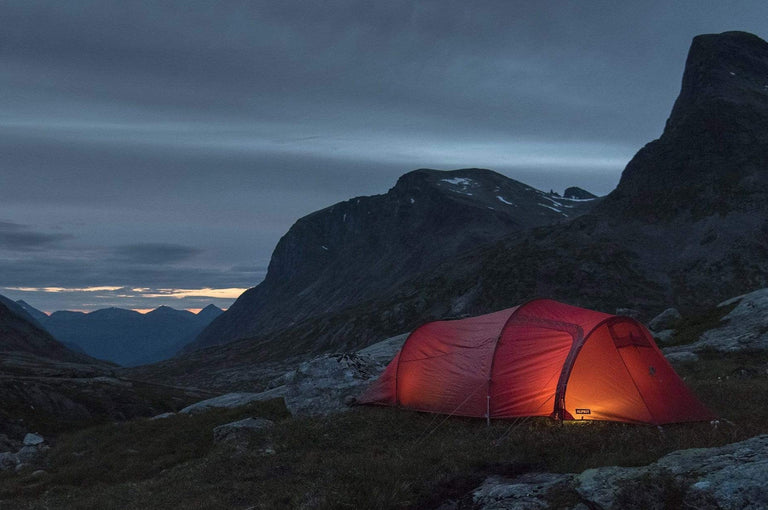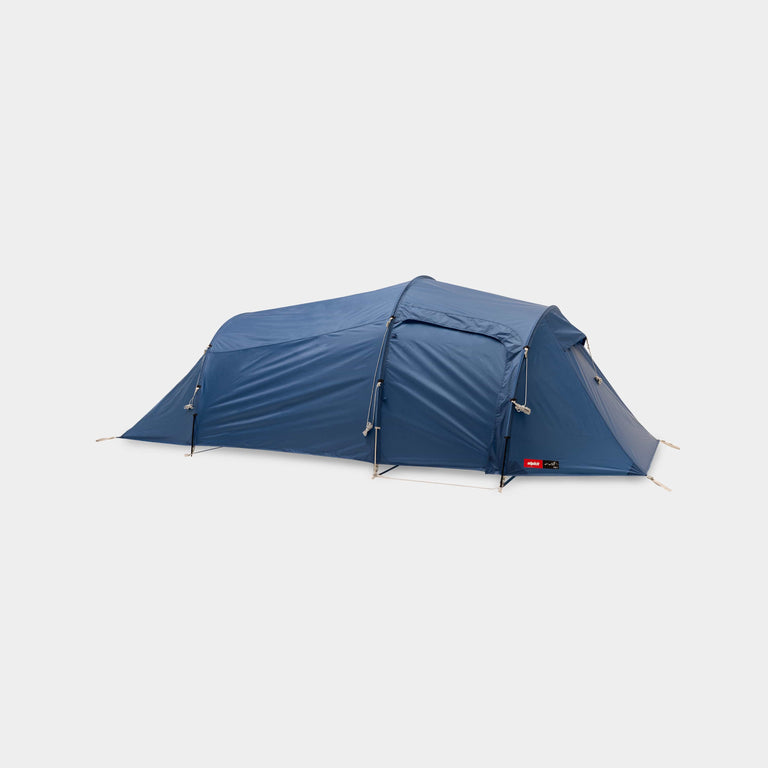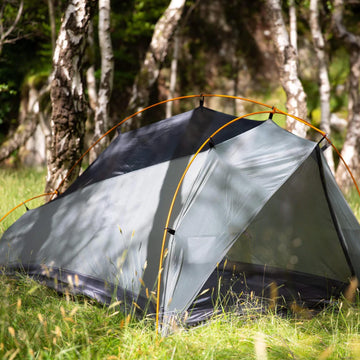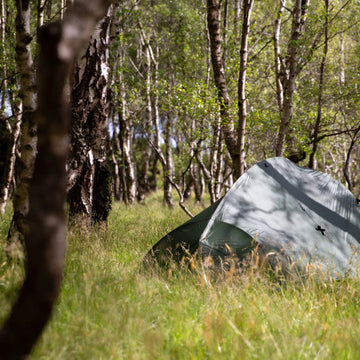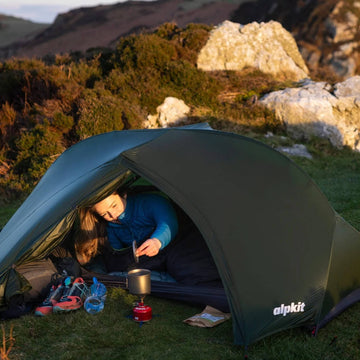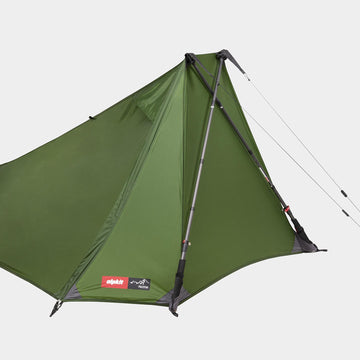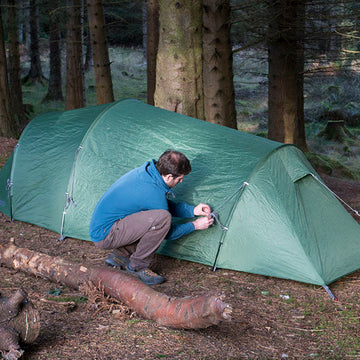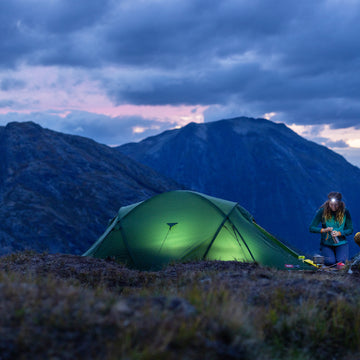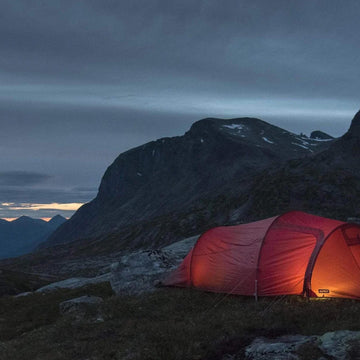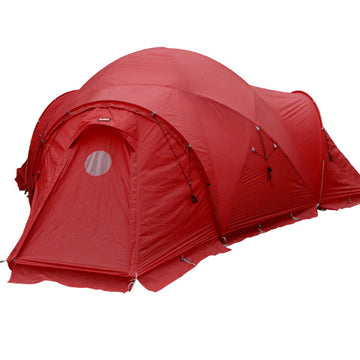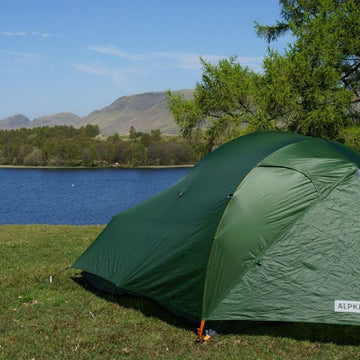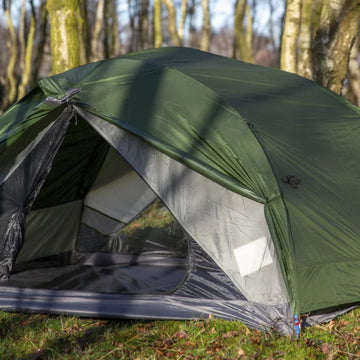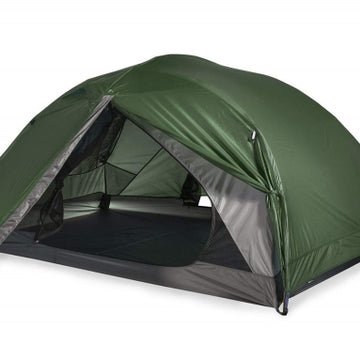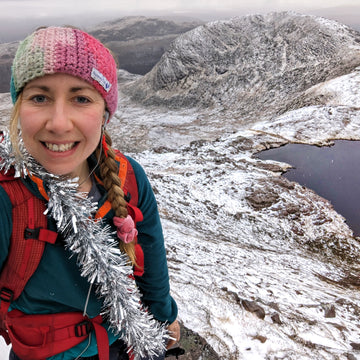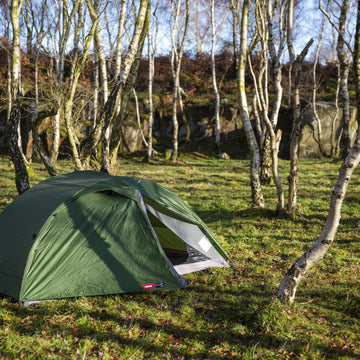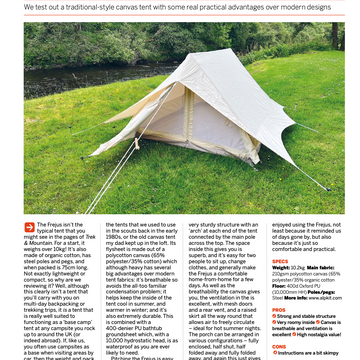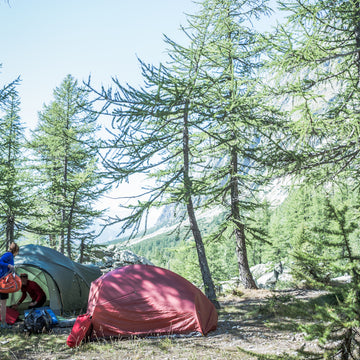
Wild camping strips camping back to the essentials - it is everything from pitching your tent on a mountain-side to stringing your hammock up in your local woods. This is what you need.
There's something magical about falling asleep beneath an unobstructed canopy of stars, with nothing but canvas between you and the vast wilderness. Wild camping offers what few other experiences can — escape from the bustle of modern life and a return to something more elemental.
Wild camping delivers experiences such as waking to the morning mist rising off the hills, brewing lazy coffee as dawn breaks across a landscape devoid of other humans, and feeling the unmatched freedom that comes from carrying everything you need on your back. Wild camping isn't just accommodation; it's your gateway to adventure, mindfulness, and a deeper connection with Britain's breathtaking landscapes.
Whether you're a seasoned outdoor enthusiast looking to refine your approach, or a curious newcomer drawn to the romance of sleeping under the stars, this guide will equip you with the knowledge, skills, and confidence to embrace the wild responsibly. From navigating the legal landscape to mastering the art of leaving no trace, we'll walk you through everything you need to know to make your wild camping experience both memorable and sustainable.
So pack your essentials, lace up your boots, and join us as we explore the liberating world of wild camping — where the best views come free and the best memories are made after the trail ends.
- Is wild camping legal in the UK?
- Leave no trace
- Is wild camping safe?
- How do you poop when wild camping?
- What do I need for wild camping?
- How to pack a rucksack for wild camping
- What food to take wild camping
- How to choose a wild camping spot
- What happens if you get caught wild camping?

Is wild camping legal in the UK?
The legality of wild camping varies significantly across the four nations of the UK:
Scotland: Wild camping is legally permitted under the Land Reform (Scotland) Act 2003, which gives everyone rights of responsible access to most land and inland water. You can camp freely on most unenclosed land as long as you follow the Scottish Outdoor Access Code—staying away from houses, keeping groups small, and camping for short periods (1-2 nights maximum in any single location).
England and Wales: Most land is privately owned, and wild camping without permission is technically trespassing. However, there are important exceptions:
- Dartmoor National Park has unique bylaws that permit backpack camping in certain designated areas.
- In mountainous regions like the Lake District and Snowdonia, there's a tradition of "tolerated" wild camping above the highest fell wall on open mountainsides when done discreetly and responsibly.
- Some landowners, including certain National Trust properties and Forestry England sites, offer permitted wild camping zones or basic "nearly wild" camping facilities.
Northern Ireland: Similar to England and Wales, wild camping requires landowner permission. There are no freedom to roam laws, but some forest parks and nature reserves offer official wild camping permits or designated areas.
Regardless of location, a few universal principles apply:
- Leave no Trace
- Always seek permission where possible
- Camp high, camp late (arrive at dusk), leave early (by dawn)
- Stay only 1-2 nights in any location
- Keep groups small and impact minimal
- Never light fires unless explicitly permitted
If you're asked to move on by a landowner or representative, do so politely and promptly—they are within their legal rights to request this, even in areas where wild camping is traditionally tolerated.
Leave no trace
The Leave No Trace principle is an extension of The Countryside Codes three part principles of Respect, Protect, Enjoy. It is actually really simple, but so so important to follow: Leave No Trace: if you take it in, you carry it out.
Good wild camping practice makes it possible for us to keep getting out there! Wherever you choose to camp, make sure that you always do the following:
- Set camp late and leave early
- Carry out all litter when you leave, whether it belongs to you or was left by someone else
- Leave camp as you found it and remove all traces of your pitch
- Don't have a campfire
- Camp as unobtrusively as you can. That means away from roads, houses and other habitation
- Keep groups small and avoid staying in one location for extended periods – normal etiquette is to pitch at dusk and strike at dawn – or as close as possible to
- Keep noise and disturbance to a minimum
- Respect the environment and wildlife and don’t pollute
- If you are asked to move on do so and be polite
Is wild camping safe?
Wild camping is totally safe compared to driving, nights out and most other activities. Just take necessary precautions: take appropriate kit for the weather; telling people where you're going and when you expect to be back; take basic first aid equipment and a battery pack for phones and electronic navigation.
How do you poop when wild camping?
When you need to go, find a spot at least 50 metres away from running water (streams and rivers); dig a hole; leave your business and cover with earth when finished. Take toilet paper and wipes out with you. It's the one thing everyone wants to know but no one wants to ask!

What do I actually need for wild camping?
Our UK wild camping kit list always includes:
- Waterproofs in case of a downpour
- A camping stove and gas for cooking on
- Titanium pans or mugs to cook with
- A lightweight shelter to sleep in
- A sleeping bag to keep you warm
- A sleeping mat for a comfy nights sleep
- A backpack to stuff it all in
Ultimately what you take with you will depend on where you're going, how long you're going for and what you expect the weather to be like.
Remember you'll also be carrying your wild camping kit, so it all needs to be light, packable and, at the end of a long day of adventuring, make your life a little bit better.
How to pack a rucksack for wild camping
Exactly how you pack your rucksack will depend on your trip, but we've developed a few tips for keeping weight down.
- Lay everything out that you think you might need
- Group the items together (e.g. camping gear, spare clothing, food etc)
- Put items you'll need in emergencies (such as your first aid kit or waterproofs) to one side
- Whittle out the extra kit (be ruthless, do you really need 5 t-shirts?)
- Load everything into your backpack - try to keep the heavy stuff like camping equipment around the center to the bottom, with those emergency essentials at the top, this will help create a balanced pack
- Weigh your pack and try it on, if it's too heavy, go back to whittling out unnecessary kit until you've got a good balance between what you really need and how much your pack weighs
We all have a tendency to over pack, throwing in things we think will be necessary. Though this may seem like a good idea, trying to stuff 50kg of kit into a 35 litre backpack, whilst making sure everything is accessible is a nightmare (believe us). Not to mention trying to haul everything up and down mountains!
What food to take wild camping

Dehydrated foods are a lifesaver. They're lightweight, packed full of calories, and some don't even taste half bad either. If you're really gram counting, freeze-dried meals are even lighter, but you often end up sacrificing taste for weight.
True foodies will take any opportunity to cook real food, even on their lightweight camping stove. Paul Messner has some great time saving tips on how to prep your camping food to save time and save fuel cooking it.
Of course, how many calories you need to consume depends on how much you're burning throughout the day. Will you be strolling through fields or pedalling up mountain passes?
Food to take wild camping that doesn't need cooking
You can wild camp without a stove, although we wouldn't advise it in winter. Precooked packed food such as pies, flatbreads, spreads, fruit will all provide a tasty and nutritious meal. Make sure to take a bin bag to take your wrappers home.
The best snacks to take wild camping
We often need nibbles to see us through the day. High energy snacks like bananas, nuts and dried fruits are great for keeping spirits high and legs moving. Energy bars take up little space but are worth their weight in gold when you're in need of a boost.
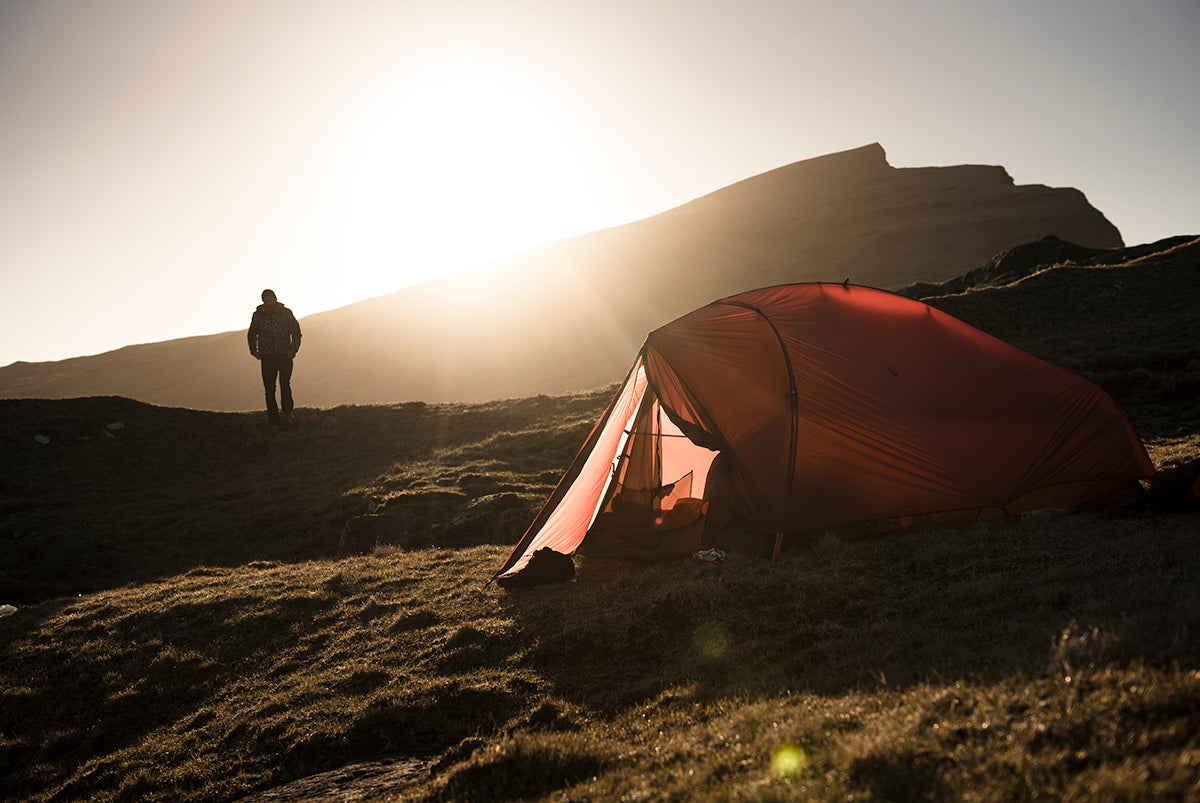
Sam Needham wild camping and cycling across the Faroe Islands | Image: Sam Needham
How to choose a wild camping spot
Look at the surrounding area and ground conditions. Think about possible flooding or water-logging: are you away from the trail, are the trees safe to shelter under? If you don't have a planned spot in mind, be sure to keep an eye out well before sunset.
Knowing what to look for can be the difference between getting a great meal and good night's sleep, or wandering around in the dark for hours being cold, tired and hungry.
What are the ground conditions like?
Is it flat? Anything that might damage the tent or cause discomfort? Any sign the ground is waterlogged or might be? If in hilly terrain and there is a chance of rain, might water get funnelled towards the camp?
Any signs of large or potentially dangerous animals that suggest this is a spot best avoided?
"Even in the UK I’ve had a stag get furious at me for camping in his woodland, and on another occasion, a small herd of cows and horses appeared together because I had apparently chosen their favourite tree to bivvy under." - Mark Hines
Is the surrounding area safe?
Any danger of falling rocks or trees? Is the area too exposed if there is a thunderstorm? Are you likely to be disturbed during the night or morning by walkers, vehicles or people in nearby towns/buildings?
Sleeping close to a river can be lovely but is the camp in danger if the water level rises?
- Plan before you put the shelter up: do you have everything you need?
- Do you need/have access to sufficient water?
- What is the bug situation? - Being close to water or in damp areas of woodland will increase the chances of attracting mosquitoes and midges. An area exposed to higher winds will mean fewer bugs.
Time spent ensuring the location and camp set-up are both very good is time well-invested. The reward comes in the form of a better night’s sleep and being in better shape for the next day as a result.
What happens if you get asked to move on when wild camping?
If someone catches you wild camping, just be polite and move on - unless you had permission to sleep there! If not, you could be fined for trespassing on private land.

Mark Hines wild camping in the Arctic | Image: Mark Hines
